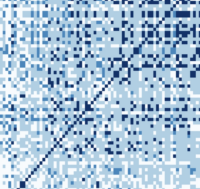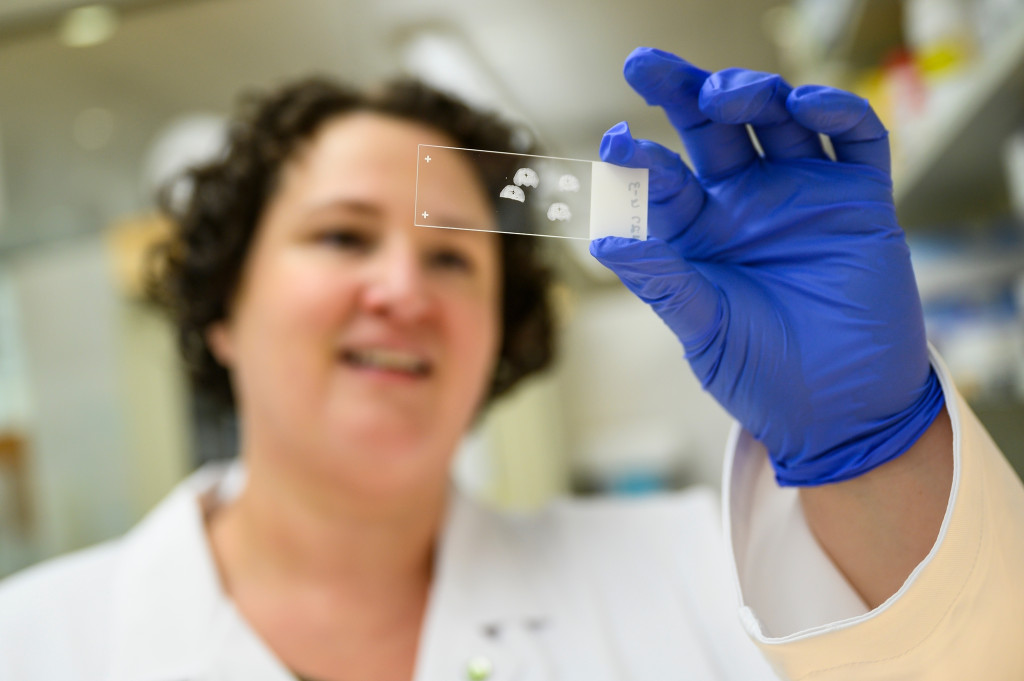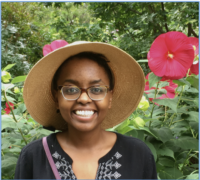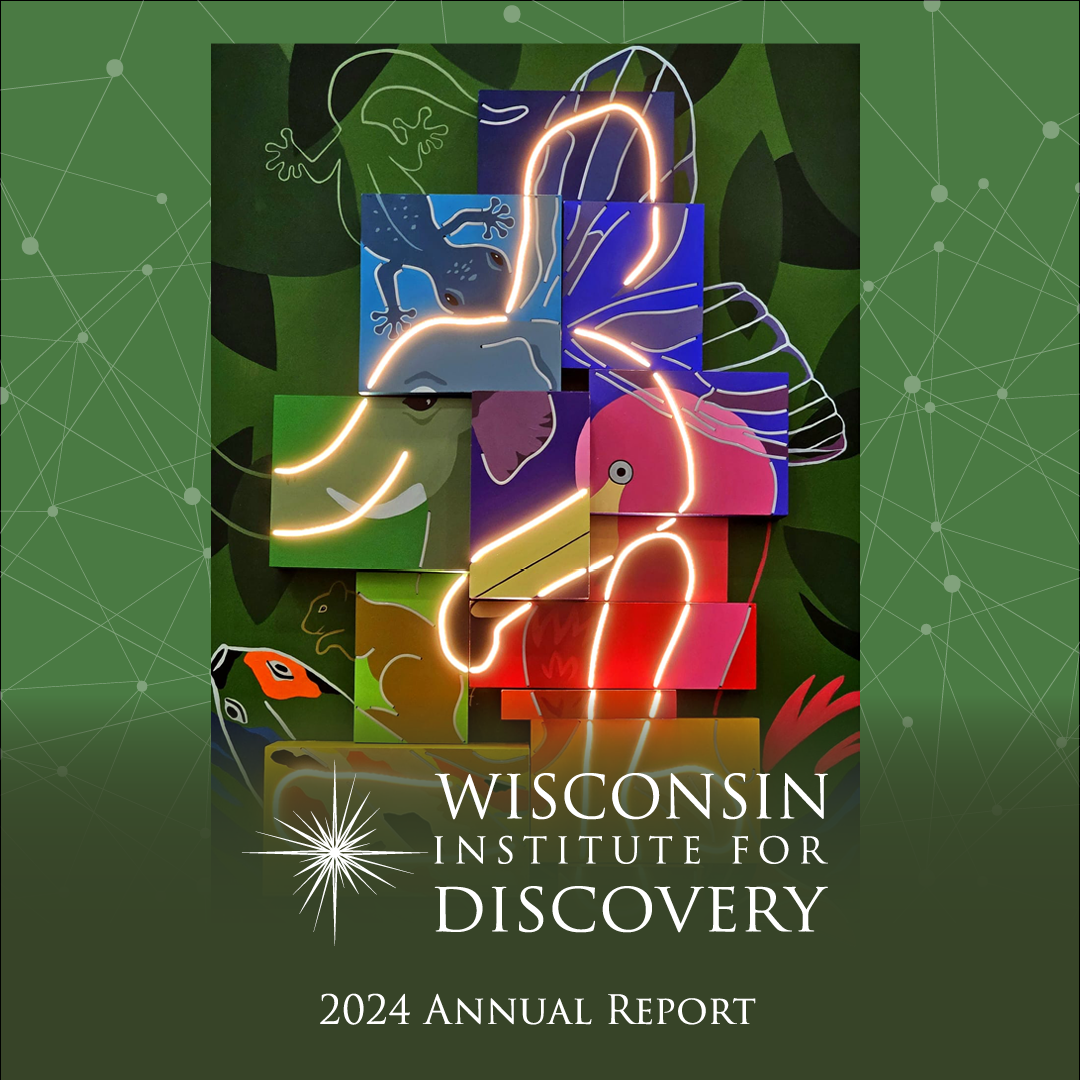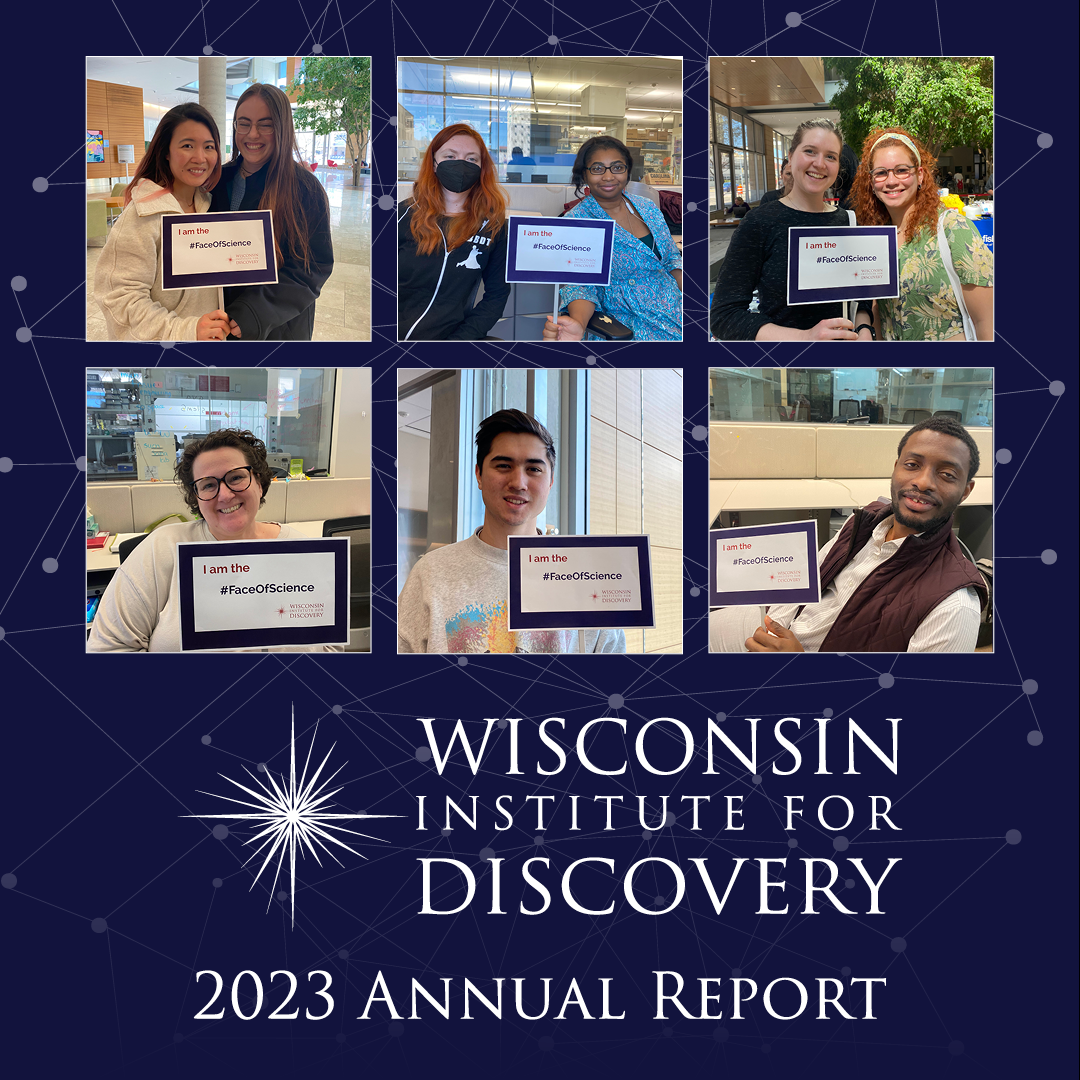Stories
New Insights Into Self-replicating Molecules
New research from the David Baum Lab at the Wisconsin Institute for Discovery sheds light on how autocatalysis, a key process, played a role in the origins and evolution of life on Earth. The study introduces a new mathematical tool that makes it easier to identify Minimal Autocatalytic Sets (MASs) in Chemical Reaction Networks (CRNs), representing a big step forward in understanding this complex process.
Chance leads to breakthrough for UW researchers in fight against cancer
Dr. Krishanu Saha and Dr. Dan Cappabianca are featured on a news clip on Channel3000.
Postdoc Highlight: Combining computation and gene therapy for Alzheimer’s treatments
Postdoc Highlight: Kirstan Gimse has taken her passion for investigating neurodegenerative diseases and pushed it into a new area by working as a Genomic Sciences Training Program (GSTP) Postdoctoral trainee with Drs. Sushmita Roy and Krishanu Saha.
Unconventional paths and microbial communities
Unconventional paths and microbial communities - postdoc highlight of Margaret Thairu. "The overall goal of my current projects is to better understand microbial community function."
Announcements
24 Hours with WID
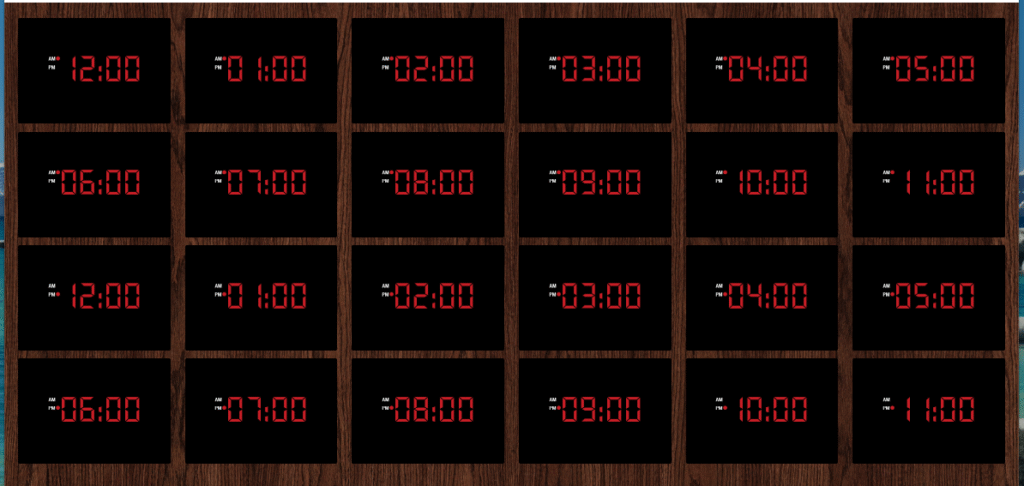
Follow Us
Learn more about the Wisconsin Institute for Discovery through quarterly newsletters and receive our annual report.

